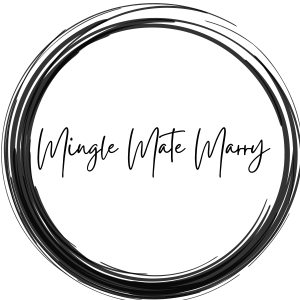
Thursday Jul 06, 2023
Childhood wounds
Intro: How was your 4th?
What did you learn about yourself being with your grandkids?
Topic 1
Trust and commitment are the two foundational pillars of any relationship.
How do you celebrate Trust and commitment in your marriage/relationship?
Topic 2
How to identify childhood wounds?
How to deal with them?
To give you a better idea about what constitutes trauma, here are some of the more common events:
- Childhood sexual or physical abuse
- Witnessing domestic violence
- Bullying
- Community or school violence
- Natural disasters
- Loss of a loved one
- Neglect
- Serious illness or accident
That said, some of the signs of PTSD include:
- Reliving the event (flashbacks or nightmares)
- Avoidance
- Anxiety
- Depression
- Anger
- Problems with trust
- Self-destructive or risky behaviors
- Withdrawal
If any of these apply to you as an adult for no reason that you can think of, there is some cause for concern as you may be dealing with unresolved PTSD from your childhood.
Attachment and relationships
Another warning flag of childhood trauma that carries over into adulthood are problems forming attachments and relationships. For example, if your childhood trauma was caused by a loved one or caregiver, you may learn to mistrust adults.
Emotional regulation and responses
Another side effect of childhood trauma may be problems regulating your emotions. There are many ways in which this problem can manifest itself, including:
- Uncontrollable anger
- Anxiety
- Depression
- An inability to express your emotions
- Withdrawal
Again, these are just some examples, and you may experience different issues when it comes to regulating your emotional health.
Physical health
While childhood trauma can directly affect your mental and emotional health, it can also influence your physical health, For example, studies show that kids who were subjected to abuse were more at risk for serious health issues, including:
- Diabetes
- Coronary artery disease
- Asthma
- Stroke
Suicide attempts are also shown to be considerably higher among adults who experienced childhood trauma.
No comments yet. Be the first to say something!